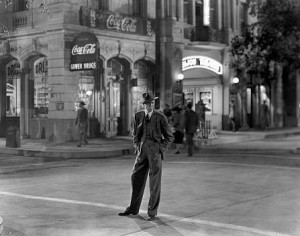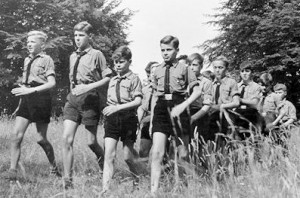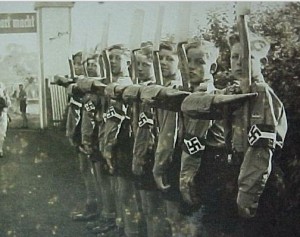Once upon a time when the world was young and even I was younger too, people used to like to stay in on a Saturday night. Not because they’d get mugged or stabbed, or they were worried about drink-driving or they didn’t have any money. They didn’t; only one person ever was in my town and that was when he opened his front door; they weren’t, very; and nobody did, in that order. The past is a different country. They did things differently there. It was great.
The thing I liked them doing differently was having things on TV that were clever, my own definition of cleverness defined as making words dance. I wanted to get down to the Rose & Crown or the Red Lion as much as the next person who wanted to squeeze past Wendy Sedgewick. And no, nowhere else. Except the Lamb on a Monday night because there was what would now be open-mic, and although I didn’t, someone mistook me for someone who ran another club. That matters at 19 in a small Wiltshire town. In those days teens went to pubs.
Yes, I know it was illegal and all that blah. Everyone knew where everyone was and nobody ever got hurt, ever, so tell me the big deal about it. And I wanted to go. But I usually only went after I’d watched The Two Ronnies. Or Morecambe & Wise, both for the same reasons.
They, but in particular Ronnie Barker, made the words dance. Yes, a load of it was about suburban middle-aged dinner parties. Yes, a lot of the women were dressed in long, clingy evening gowns I’d never, ever seen anyone in Trowbridge slipping into, let alone out of. But the words. The words were the thing. And not like that moronic song that asked what are words worth. GEDDIT!!!!????
But hark, I might get to the point of this. I just wrote a screenplay. My first one won a BBC Writers Room competition (actually, as one says). I pitched it to Cascade and astonishingly the first time I pitched a script which was the first one I’d ever written, they didn’t go with it. Life is so unfair, as I didn’t bother to say as I went down Berwick Street and had an espresso at the Italian deli around the corner, same as I’d been meaning to for twenty-odd years. Anyway, after thinking about it for 15 years and fretting at it for two and boring a friend absolutely witless about it for a solid year, six weeks back with pneumonia I decided that I either got it written for another BBC script window deadline or I forgot about it for ever. Promise.
So I wrote it. A friend of a friend sent it to Film Suffolk, who seem quite taken with it. In fact, rather more than that. It needs some revision. A German resistance historian loves it. But what I don’t love is people saying “have you read Save The Cat?”
The answer is ‘not yet.’ Not because I think it’s bad – I haven’t read it so I don’t know. Because of this review, one of many.
This book is awesome and totally relevant to writing fiction! This book saved my plot! I had reached a stage in my MS where I had lost sight of what was actually happening. I was writing scenes but I couldn’t see where they would fit in the grand scheme of the story. By reading this book, I could easily see the bigger picture. I was able to put all my chapters into an order and look at the plot as a whole. So I would definitely advise reading it to help save your plot from the death spiral!
You don’t have to do the silly high voice when you say ‘Ahsome!!” but it will probably help. Like toadly. May I?
Don’t make a scene
I was writing scenes but I couldn’t see where they would fit.
Yep. OK. Let me stop you there. I know the reason for this. That’s because you don’t have what writers call “a story.”
I’m sorry to spring all these technical phrases on you like this, but bear with me. I know, because if you had a story you’d know the beginning, the middle and the end of it. Because you couldn’t think of a story that didn’t.
But you don’t really want a story, with that mindset. Instead you want a Paint-By-Numbers Hollywood millionaire kit. And you’ll find that right next to the unicorn horns, Aisle Three.
Right. I’m glad we’ve got that sorted. I’ll have a look at it, ok? I promise. But first, I want to think about the only thing that matters in a story. And that’s whether it’s there or not.
Would you sit and listen to it? Read it? Sit in a cinema and watch it? Because if not then you haven’t got a story and all you’re trying to do is get rich quick. So if you’re sitting comfortably, I’ll begin.
Once upon a time when the world was young and I had more patience and couldn’t tell a story, then I’d have thought deconstruction was a toolkit that could help you build something too. Except as someone whose student grant went to a motorcycle shop one term, I knew something important.
I knew that understanding how a Norton 500 engine comes apart and what all the bits are called – even understanding completely what they do, or what they’re supposed to do – doesn’t mean you can get it back together again. A Norton 500 engine, in case you’re wondering, is something made of metal. A lot more tangible and solid than words.
And that’s a true story.


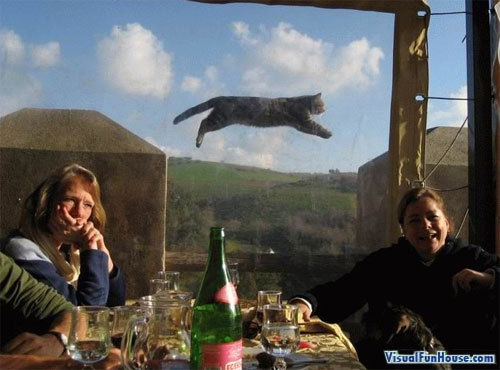

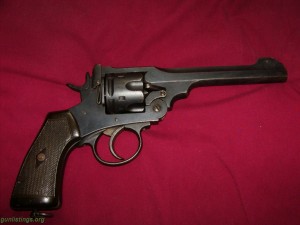
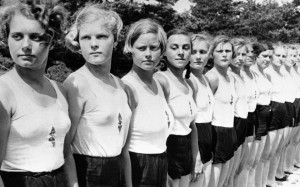 I wanted to find out more about German villages and the Eidelweiss Pirates so I turned, as you do for everything these days, to Google. All I wanted to do was find some pictures that would show me a German village, so I could imagine the mood of it in my head. Richard Curtis played one song over and over again when he was writing films, so I thought I could allow myself this one small indulgence. I don’t do this a lot. Honest, guv. It was just the once. For research. For this book and that. To see what was there. That’s the only reason I was looking at pictures like that, straight up, as they used to say on The Sweeney.
I wanted to find out more about German villages and the Eidelweiss Pirates so I turned, as you do for everything these days, to Google. All I wanted to do was find some pictures that would show me a German village, so I could imagine the mood of it in my head. Richard Curtis played one song over and over again when he was writing films, so I thought I could allow myself this one small indulgence. I don’t do this a lot. Honest, guv. It was just the once. For research. For this book and that. To see what was there. That’s the only reason I was looking at pictures like that, straight up, as they used to say on The Sweeney.
